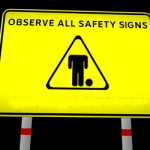
Identifying risks is a central component of project risk management. Risks are identified using various methods and placed into a risk register. The risks are then analyzed and prioritized, and appropriate risk response plans are drawn up. I would like to update this list and keep it current, so if you have anything to add please leave a note in the comments … [Read more...]












